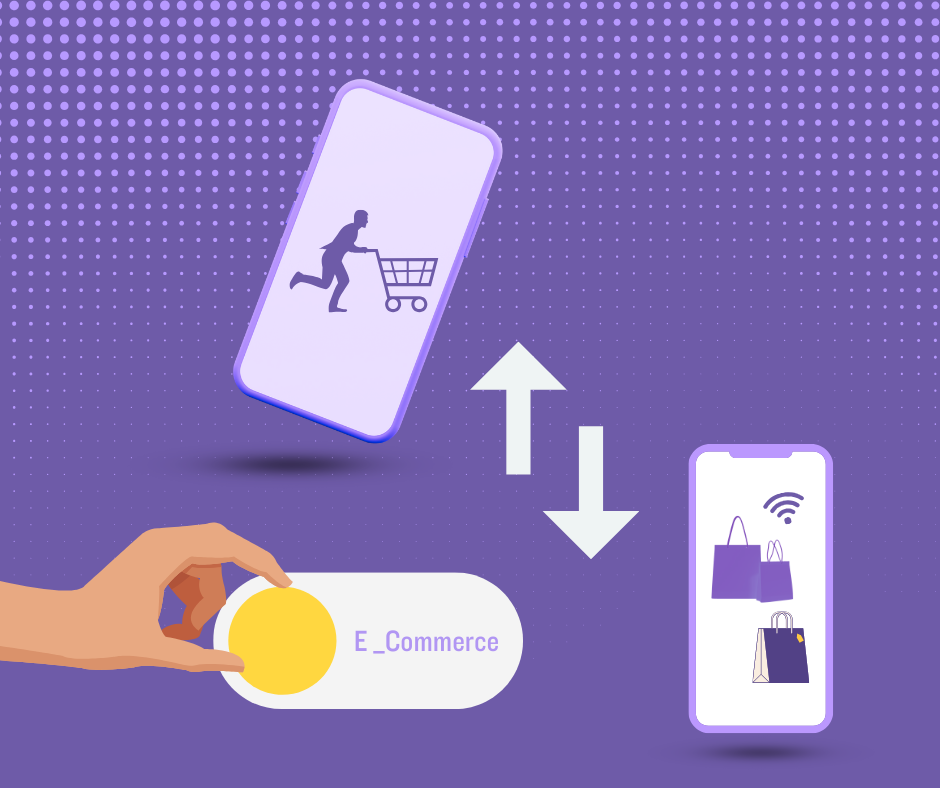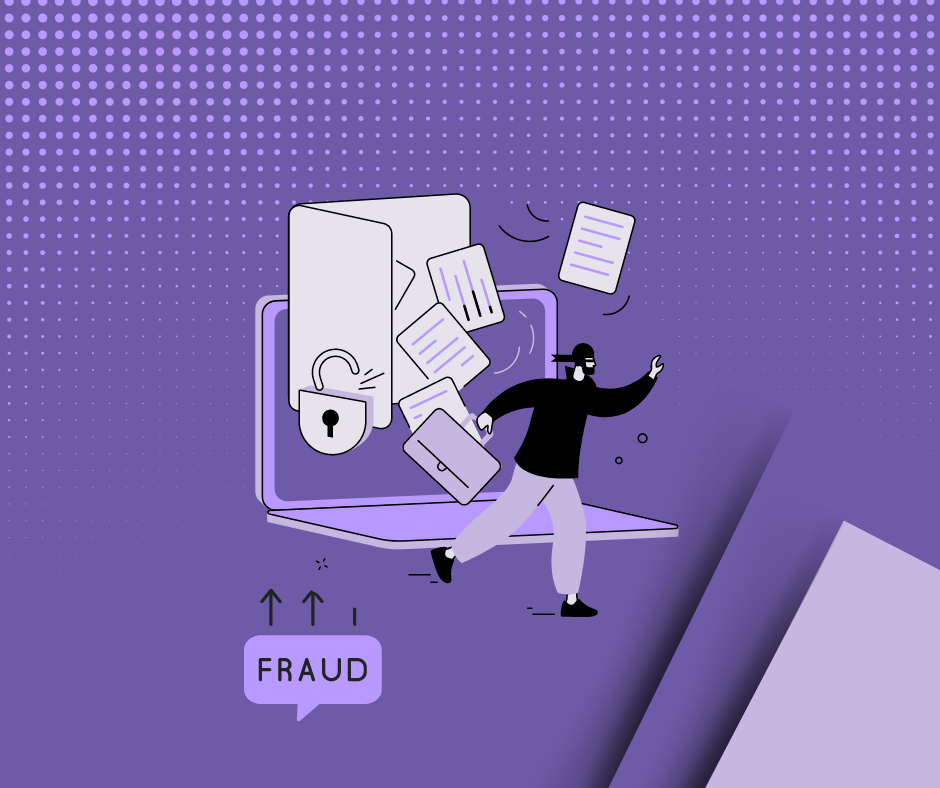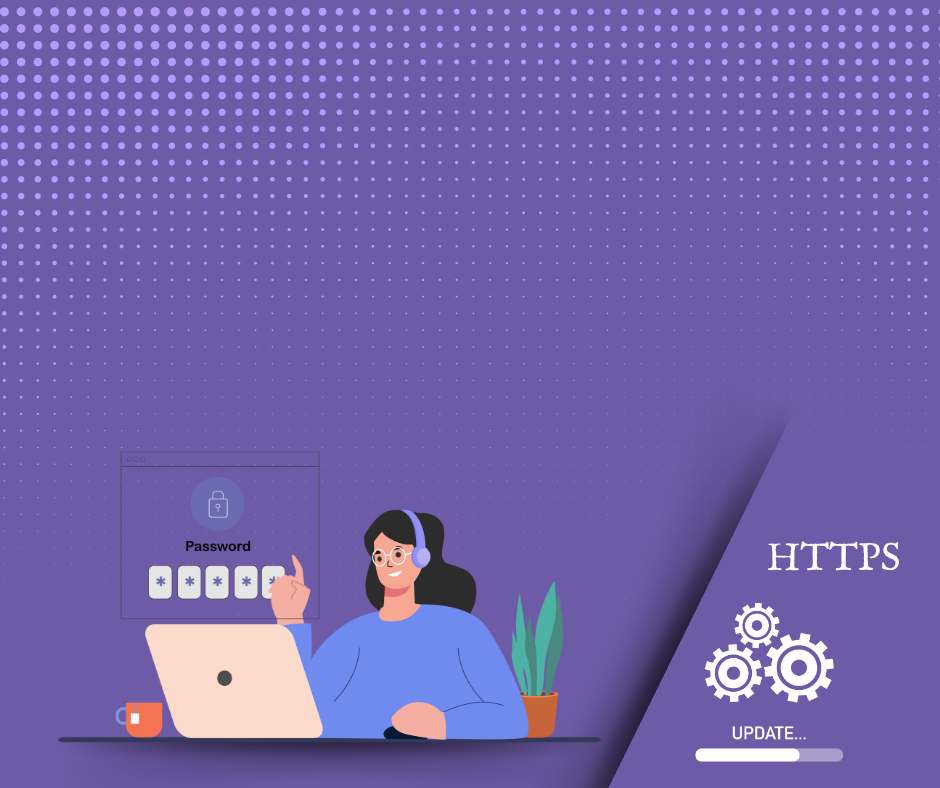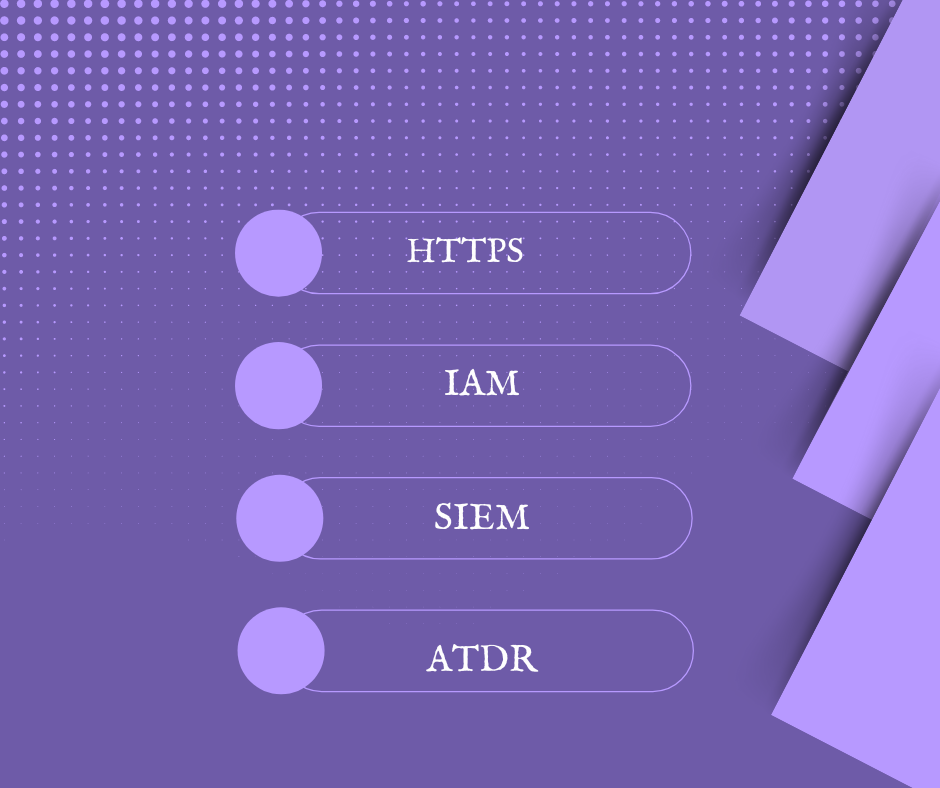How to protect your e-commerce store and ensure customer data security in the world of e-commerce
In the growing world of e-commerce, protecting your e-commerce store and customer data has become of utmost importance. When customers trust the security of their personal and financial information, the likelihood of them engaging with you and making purchases from your store increases. Therefore, it is imperative that you take effective measures to ensure security and protection.

The Importance of Protecting Customer Data in E-commerce:
-1Building Trust:
Protecting customer data contributes to building trust between you and your customers. When they feel that their data is safe and protected, they feel comfortable engaging with you and participating in business transactions.
-2Compliance with Laws and Regulations:
In many countries, there are strict laws that require you to protect customer data and preserve its privacy. Failure to comply with these laws may result in legal penalties and damage to your business reputation.
-3Protection against Fraud:
Customer data can be a target for fraudsters and cybercriminals seeking to steal personal or financial information. By protecting customer data, you can reduce the opportunities for fraud and maintain customer safety.
-4Preserving Business Reputation:
If customer data experiences a security breach, it could negatively impact your business reputation. This could lead to loss of current customers and difficulty attracting new ones.
-5Protection against Legal Liability:
If customer data is leaked or breached, you may face legal repercussions and compensation claims.

Causes of Customer Data Leaks in E-commerce:
Cyber Attacks: -1
Cybercriminals can exploit vulnerabilities in the website or network security system to access and steal customer data.
-2Weak Protection:
Data leaks may occur due to the absence of strong security measures or irregular updates to the security system. This can result in the exploitation of vulnerabilities and unauthorized access to customer data.
-3Insider Threats:
Data leaks can occur through employees within the organization who misuse their privileges or intentionally steal data for personal or commercial purposes.
-4E-commerce Fraud:
Customers can be exposed to leaks when manipulated through fake websites or when fraud techniques like phishing emails or text messages are used to obtain their personal information.
-5Lack of Security Awareness:
Customer unawareness about the importance of preserving their data privacy can lead to leaks. This lack of awareness can be exploited by fraudsters to obtain personal or financial information.

Ways to protect customer data in e-commerce:
-1Using security protocols:
It is essential to use trusted security protocols like HTTPS to encrypt communications between the website and the customer. This protects data from leakage during transmission.
-2Updating security systems:
Regularly updating the security system is necessary to patch known security vulnerabilities and enhance the overall site security.
-3Enforcing strict access policies:
Strict access policies should be enforced to limit unauthorized access to customer data. Access should only be granted to authorize personnel based on need.
-4Data encryption:
Sensitive data such as passwords and payment information should be encrypted to prevent unauthorized access even in the event of a breach.
-5Training and awareness:
Employees should be trained on best security practices and educated about the importance of protecting customer data. Customers should also be educated about the importance of choosing strong passwords and avoiding sharing their personal information with untrusted parties.
-6Penetration testing:
Penetration testing services can be used to identify security vulnerabilities on the website and address them before they are exploited by hackers.

The most important tools for protecting customer data leaks:
1- Data encryption tools:
These help encrypt sensitive data such as passwords and payment information to prevent unauthorized access. An example is using the HTTPS protocol to secure communications.
2- Identity and access management tools:
These help manage access to customer data and identify individuals authorized to access it based on specific permissions. An example is Identity and Access Management (IAM) systems.
3- Data leak detection tools:
These help detect any unauthorized attempts to access or leak customer data. These tools include techniques such as activity monitoring and log analysis.
4- Penetration testing tools:
These help identify security vulnerabilities in the system and address them before they are exploited by attackers. These tools include vulnerability scanning and penetration testing.
5- Security management tools:
These assist in managing security policies and implementing them effectively. These tools include Security Information and Event Management (SIEM) systems and Enterprise Security Management (EASM) systems.
6- Threat detection tools:
These aid in identifying potential security threats, analysing them, and mitigating them. These tools include Advanced Threat Detection (ATD) systems and Advanced Threat Detection and Response (ATDR) systems.

Some tips to protect your online store and ensure customer data security:
1- Use SSL certificates:
SSL certificates secure communications between the browser and your online store, ensuring that data sent between the parties cannot be intercepted.
2- Regularly update software and applications:
It's essential to regularly update the software and applications used in your online store to patch any security vulnerabilities that may exist.
3- Use strong passwords:
All users in the online store should use strong and complex passwords to prevent unauthorized access to their accounts.
4- Limiting access to sensitive data:
Access to sensitive data, such as payment information and personal customer data, should be restricted to minimize user access.
5- Establishing clear security policies:
Clear security policies should be established to outline how customer data is handled, ensuring its protection.
6- Conducting regular penetration testing:
Regular penetration testing should be conducted to discover any security vulnerabilities in the e-commerce store.
Conclusion
We all recognize the importance of protecting your e-commerce store and customer data in the world of online commerce. By following best security practices and utilizing modern technologies, you can ensure the security of customer data and build customer trust in your online store.



